Ross Andersen
Senior Editor, The Atlantic
Ross Andersen is a senior editor at The Atlantic where he oversees the Science, Health and Technology sections. He was formerly the deputy editor of Aeon.
Written by Ross Andersen
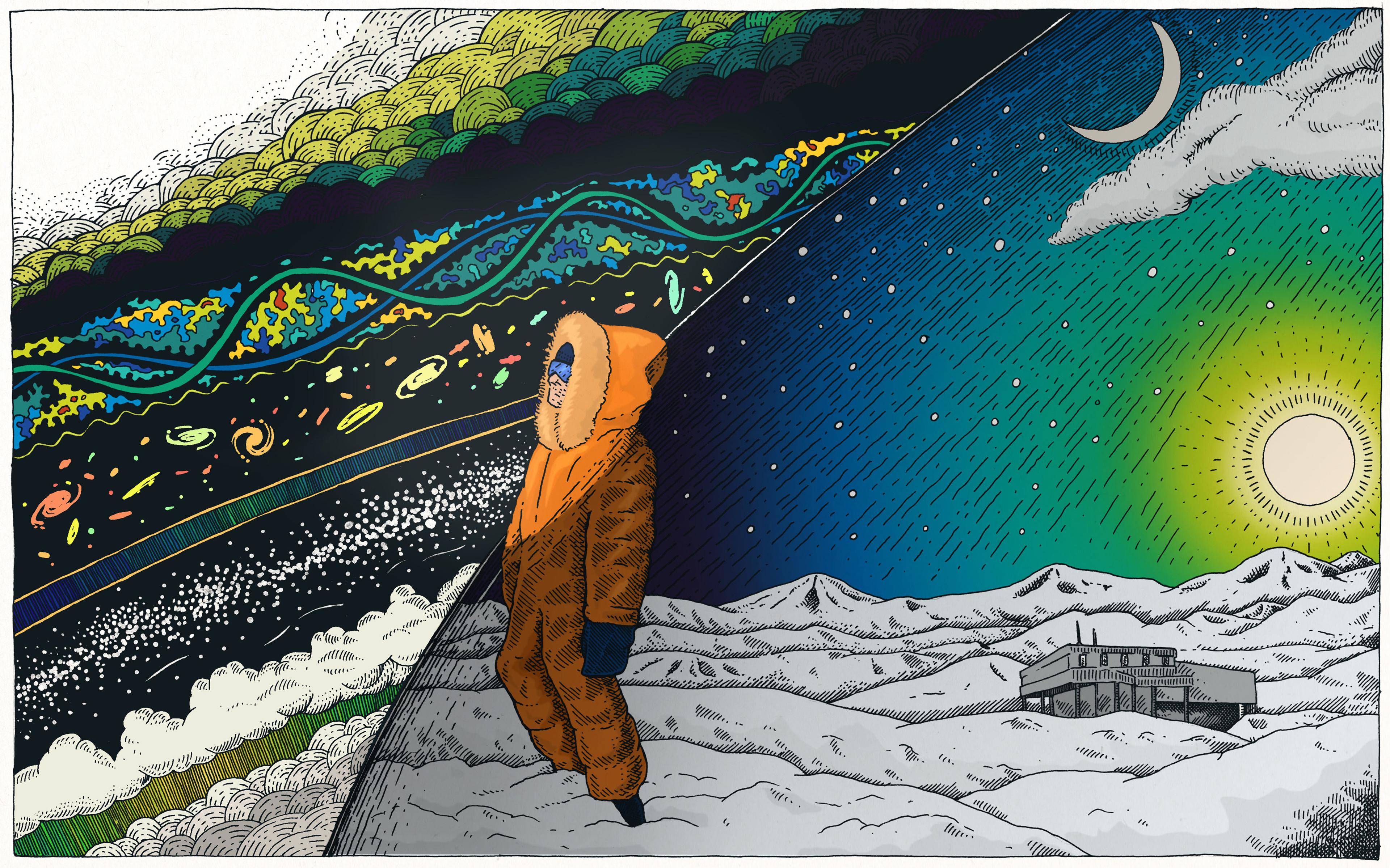
essayAstronomy
In the beginning
Cosmology has been on a long, hot streak, racking up one imaginative and scientific triumph after another. Is it over?
Ross Andersen
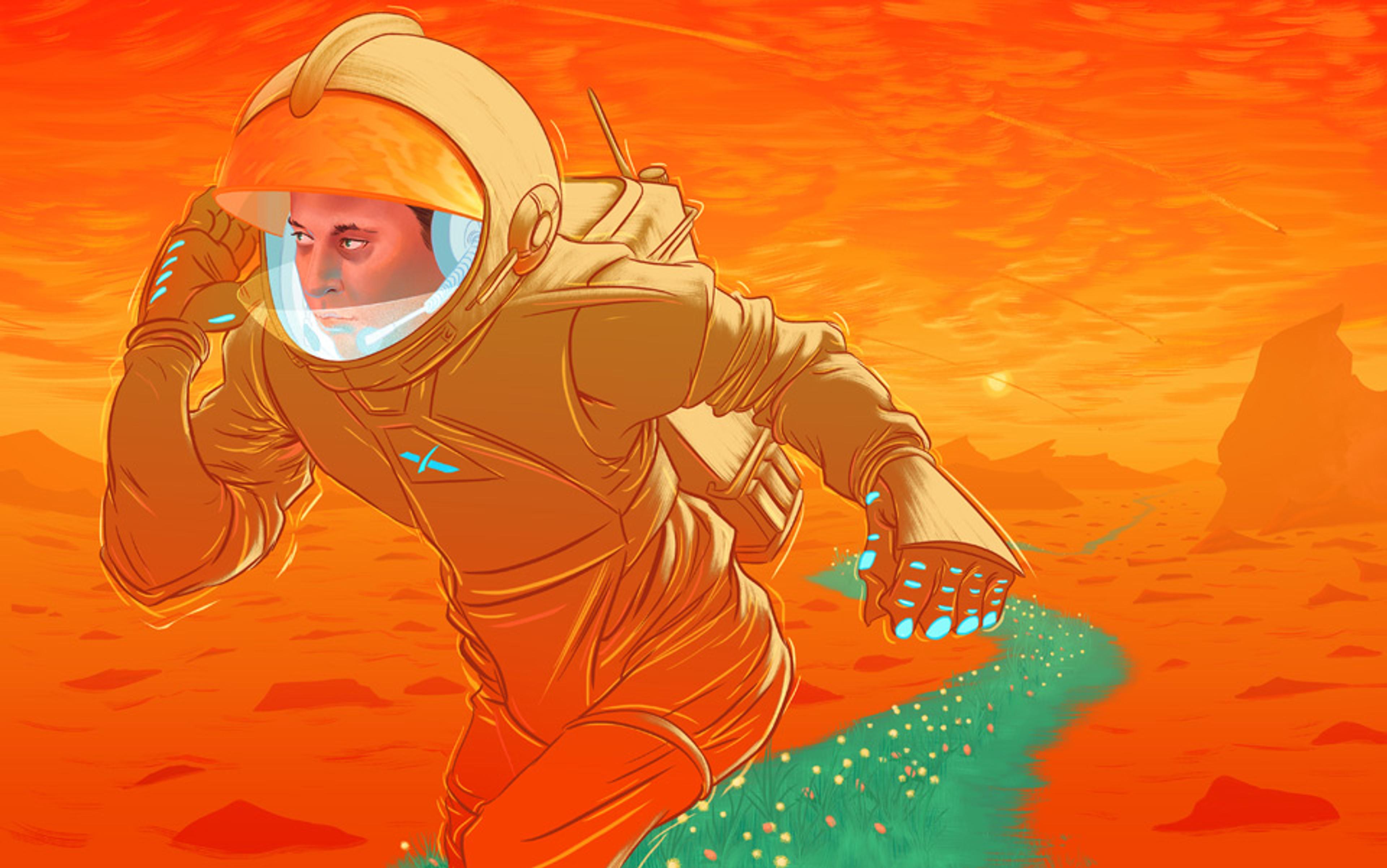
essayCosmology
Exodus
Elon Musk argues that we must put a million people on Mars if we are to ensure that humanity has a future
Ross Andersen
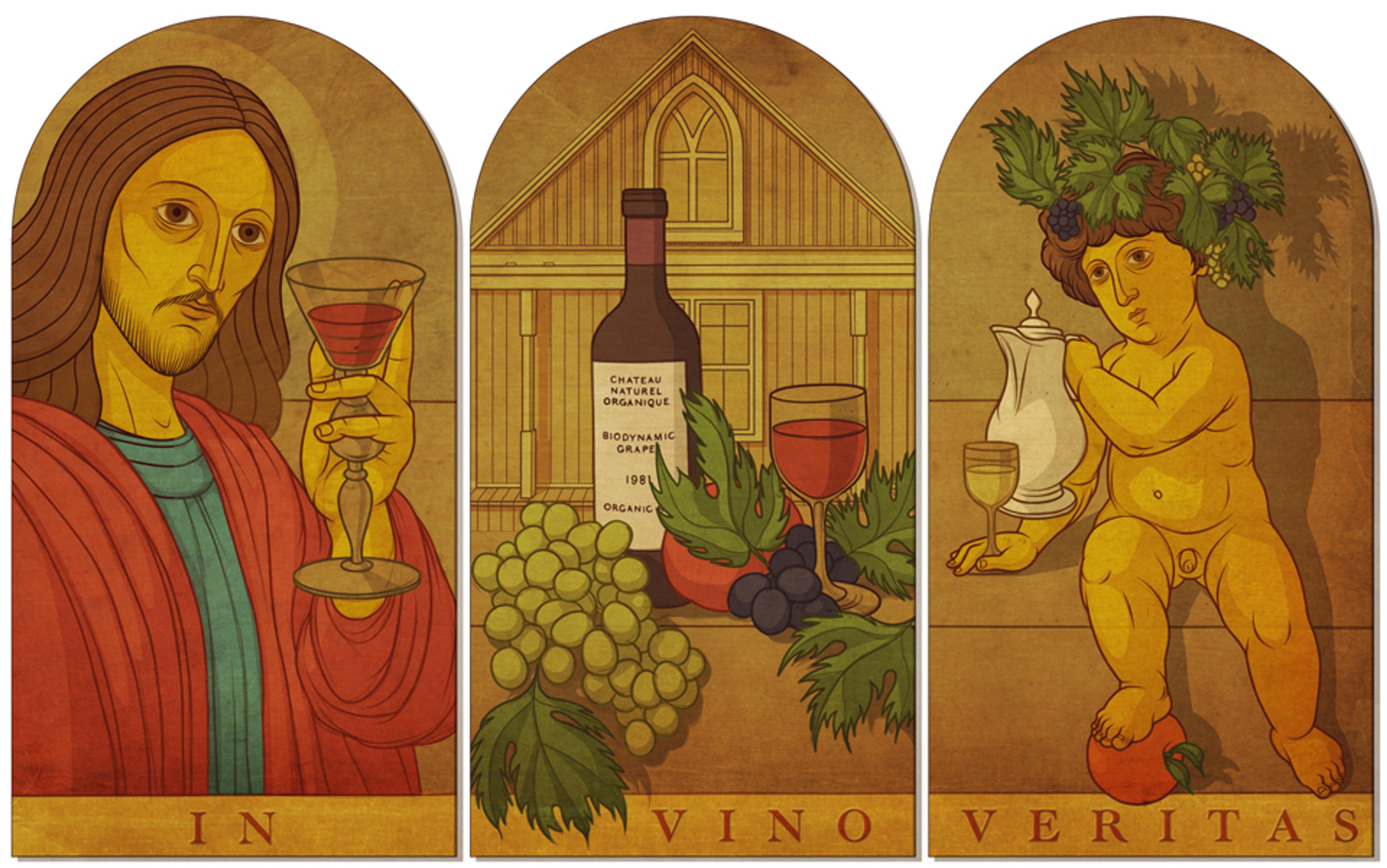
essayFood and drink
Sacrament
Wine is an elixir, a miracle-worker and shapeshifter – no wonder even the most secular of us hold it sacred still
Ross Andersen

essayEthics
Hell on Earth
What happens to life sentences if our lifespan is radically extended? A philosopher talks about future punishment
Ross Andersen
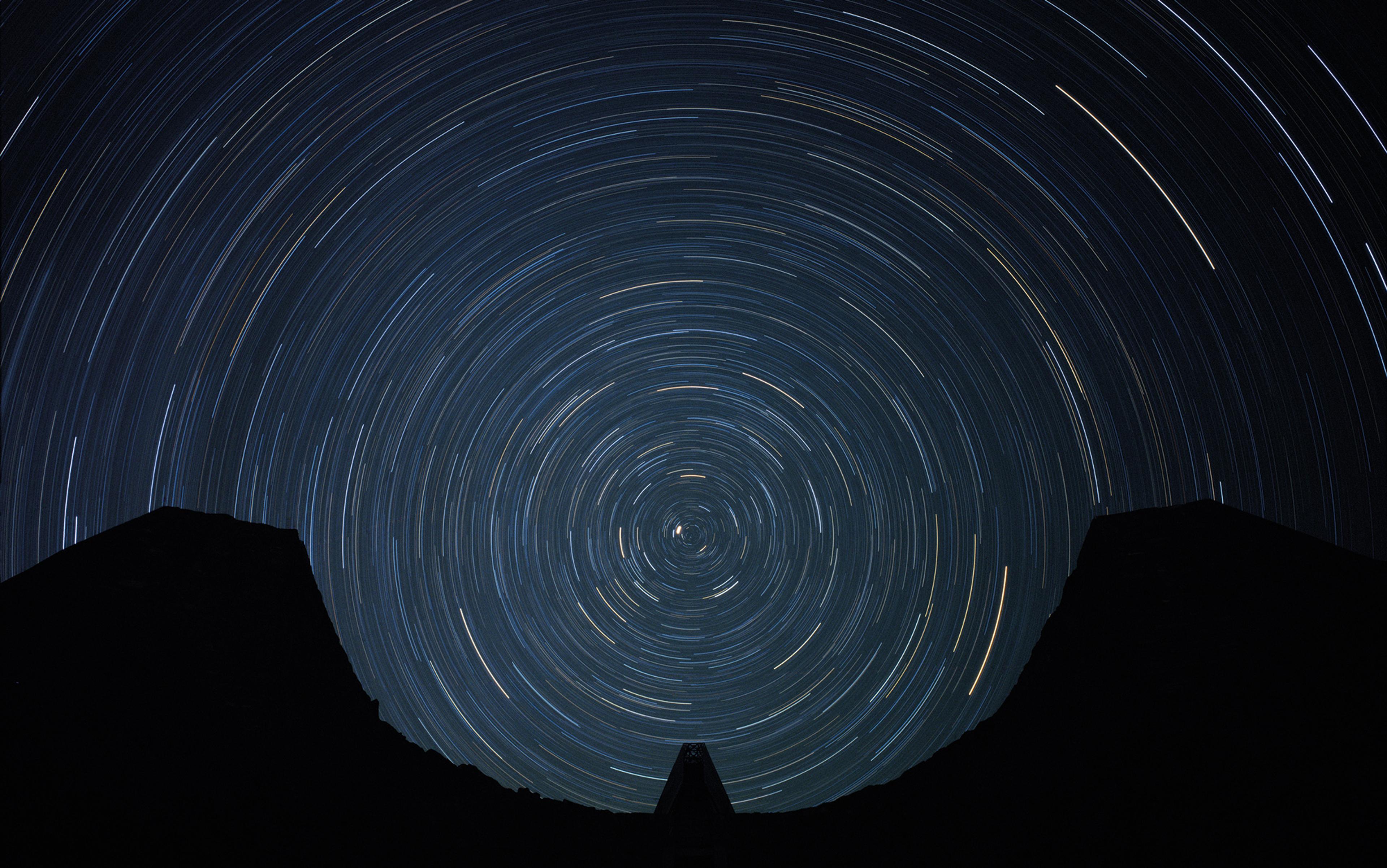
essayArchitecture
Embracing the void
The ancients had pyramids to tame the sky’s mystery. We have Star Axis, a masterpiece forty years in the making
Ross Andersen
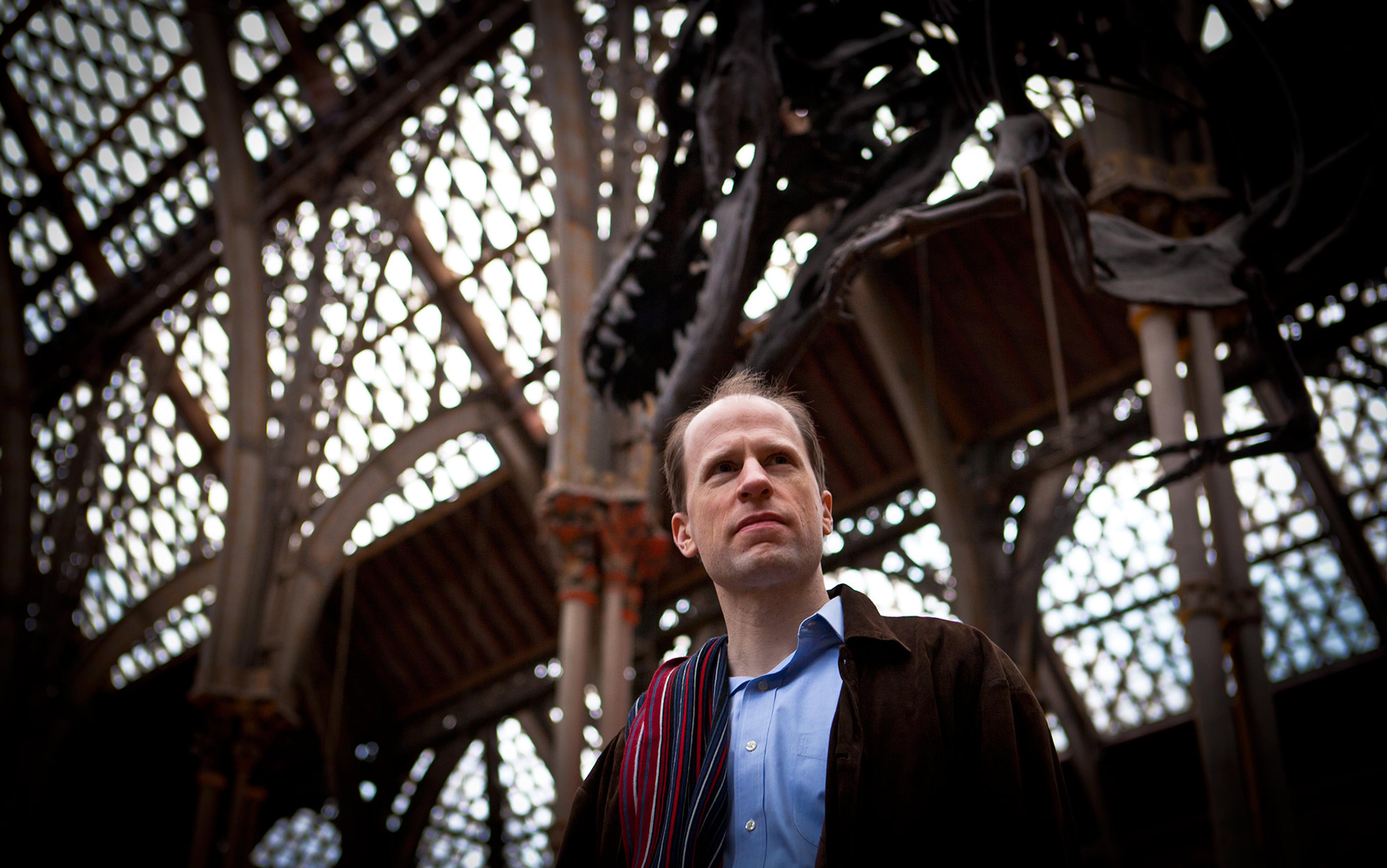
essayComputing and artificial intelligence
Omens
When we peer into the fog of the deep future what do we see – human extinction or a future among the stars?
Ross Andersen
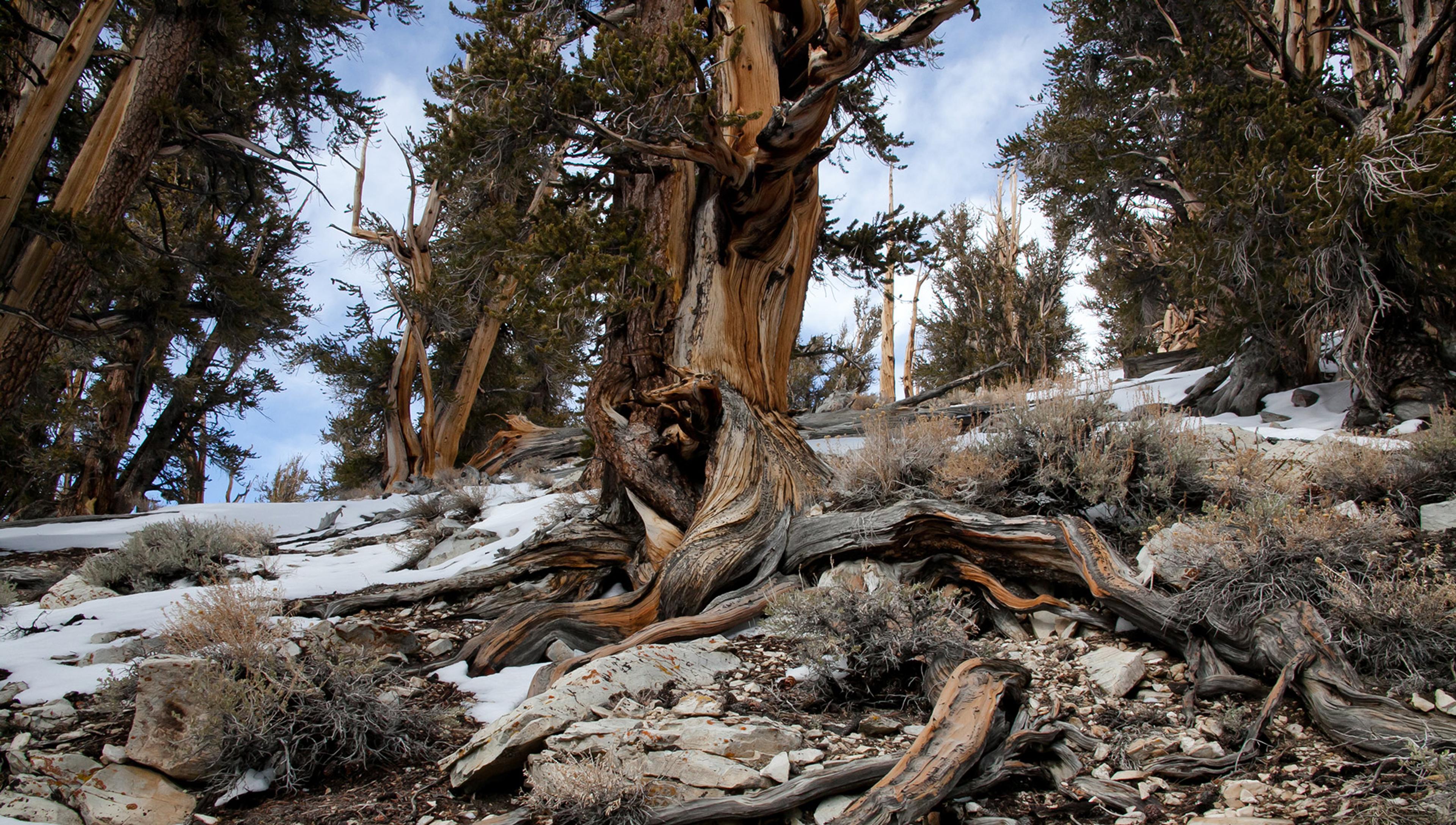
essayDeep time
The vanishing groves
A chronicle of climates past and a portent of climates to come – the telling rings of the bristlecone pine
Ross Andersen
Edited by Ross Andersen
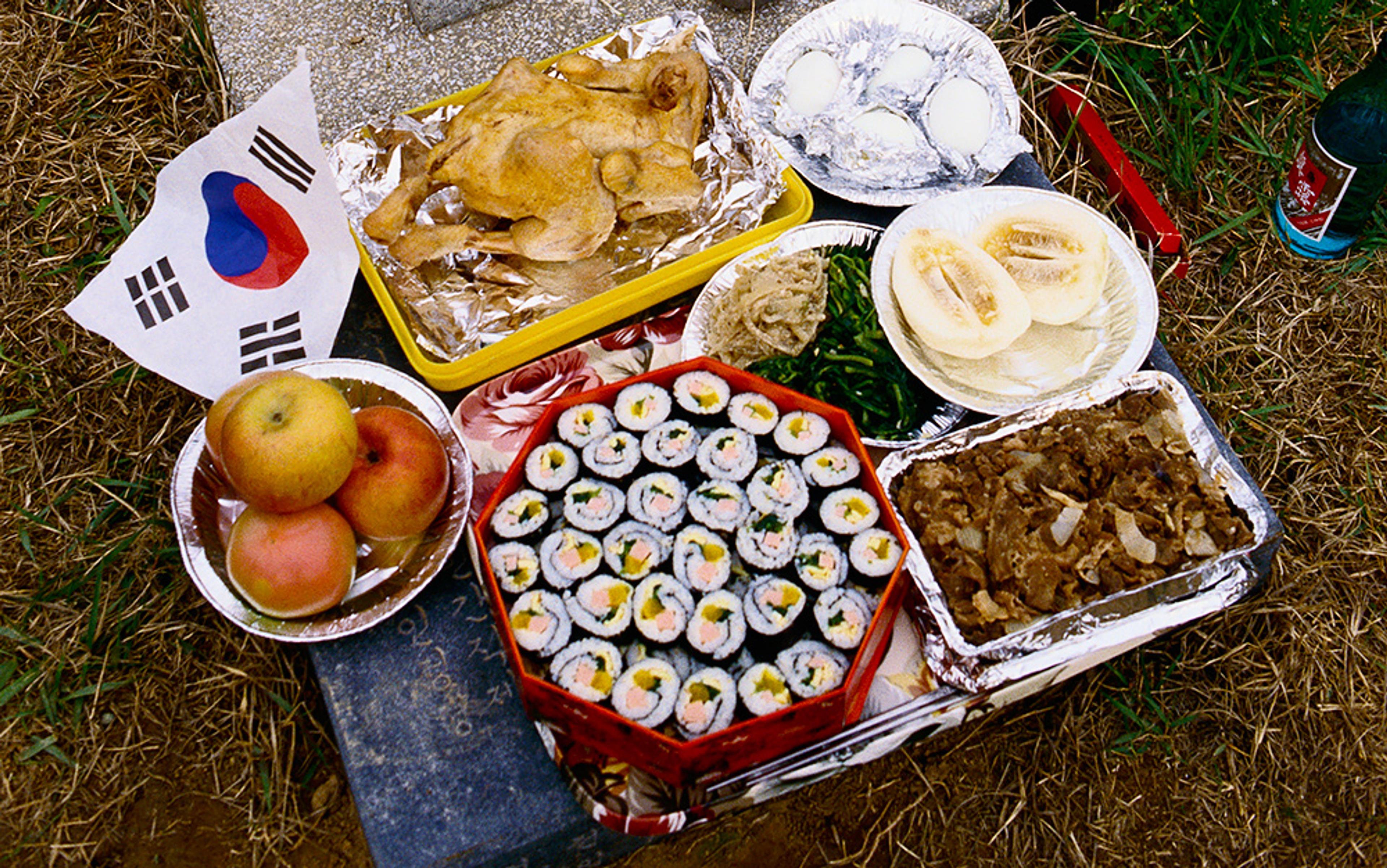
essayFamily life
Korean Thanksgiving
‘Take a photo of the spread,’ my mother says. ‘This way you can remember what to arrange when I’m dead.’
Mary H K Choi
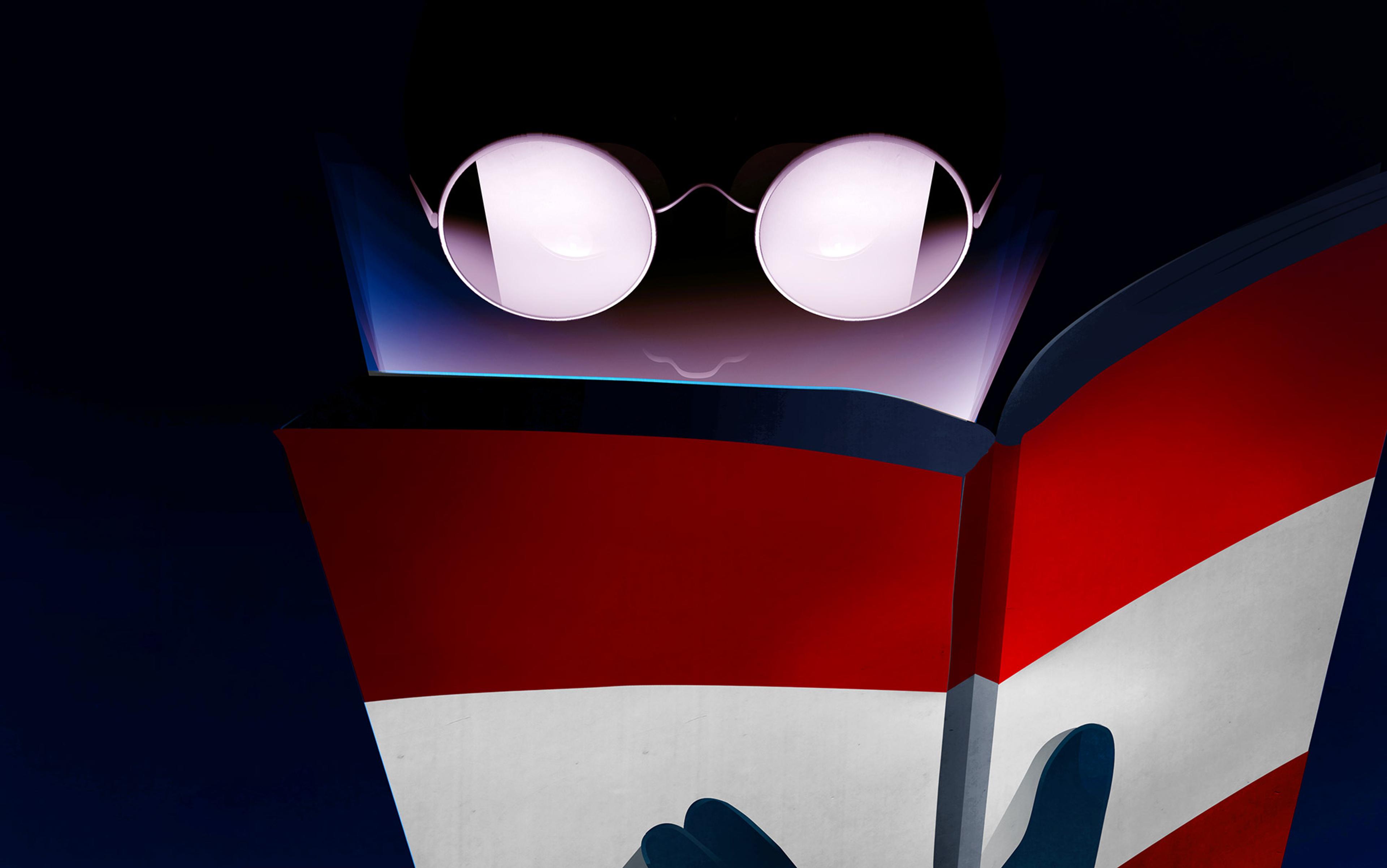
essayStories and literature
Future reading
Digital books stagnate in closed, dull systems, while printed books are shareable, lovely and enduring. What comes next?
Craig Mod

essayInformation and communication
Broken links
When no ancient chat or post is beyond the grasp of Google, what matters more: the right to forget, or to be remembered?
Alana Massey
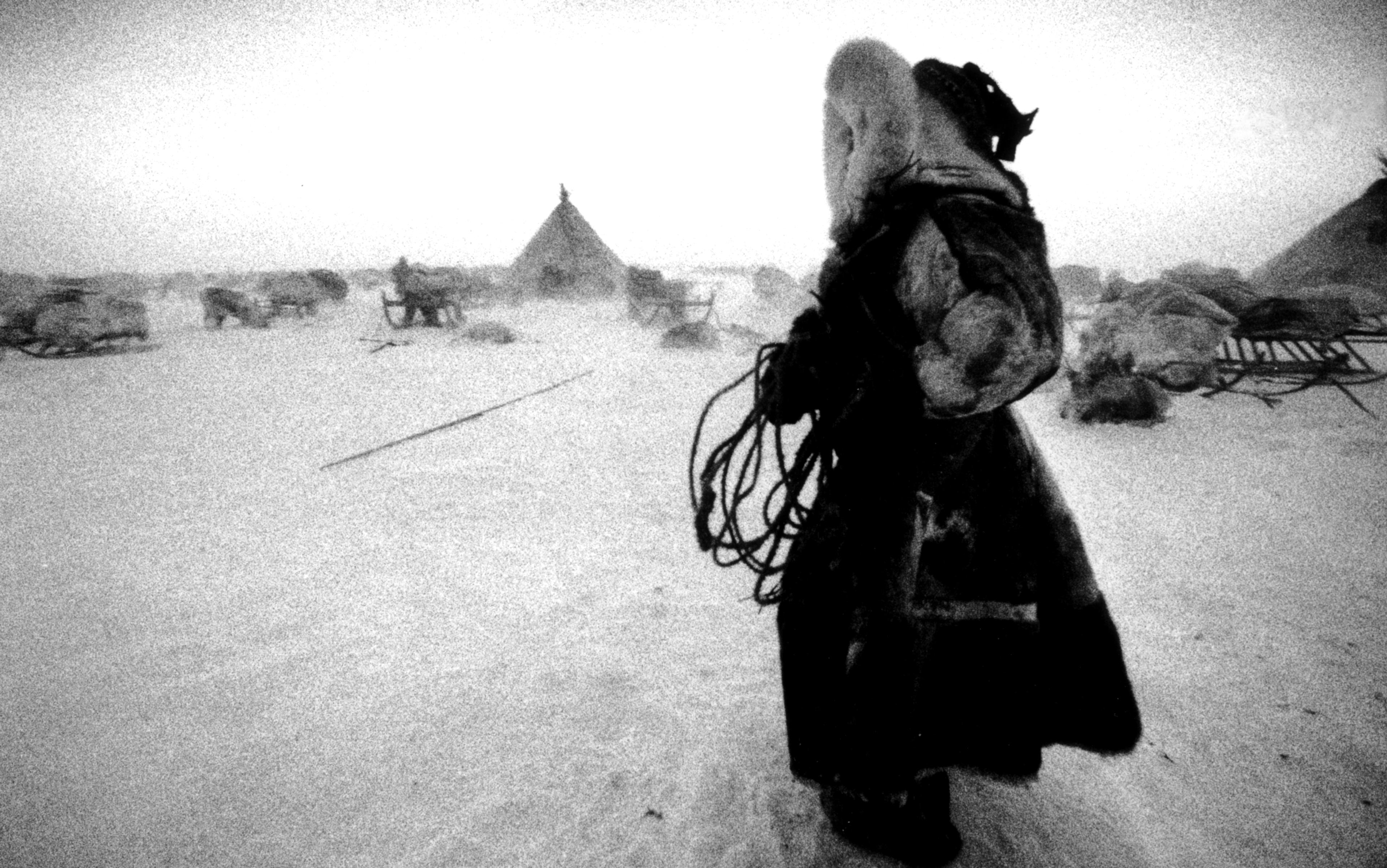
essayPalaeontology
Origins
Paleogenetics is helping to solve the great mystery of prehistory: how did humans spread out over the earth?
Jacob Mikanowski
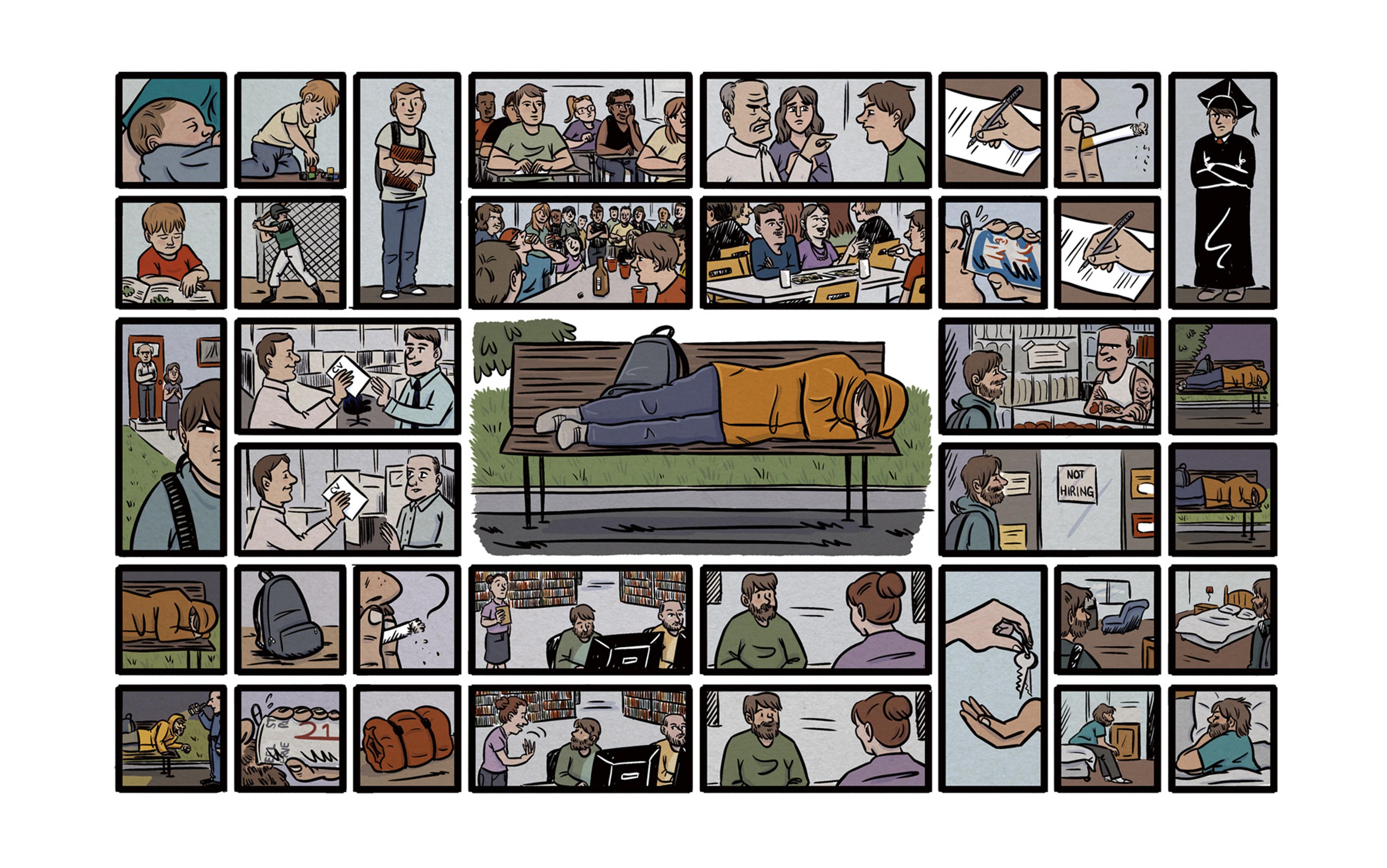
essayCities
Homes for the homeless
San Francisco’s homeless are harangued and despised while conservative Utah has a radically humane approach
Susie Cagle
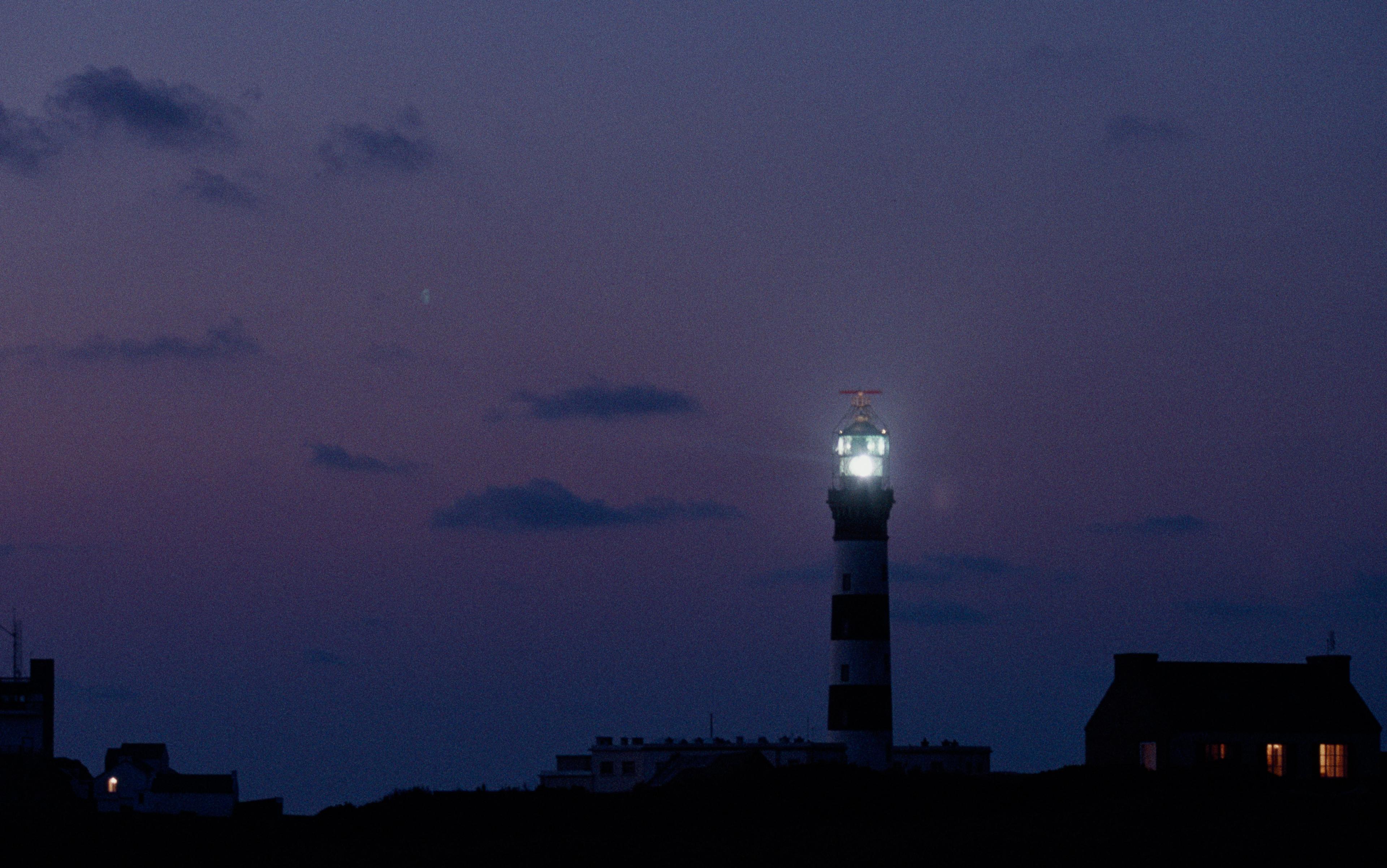
essayKnowledge
When the truth hurts
The truth about health or personal relationships can entail pain and regret. Is it sometimes better to stay in the dark?
Jess Whittlestone
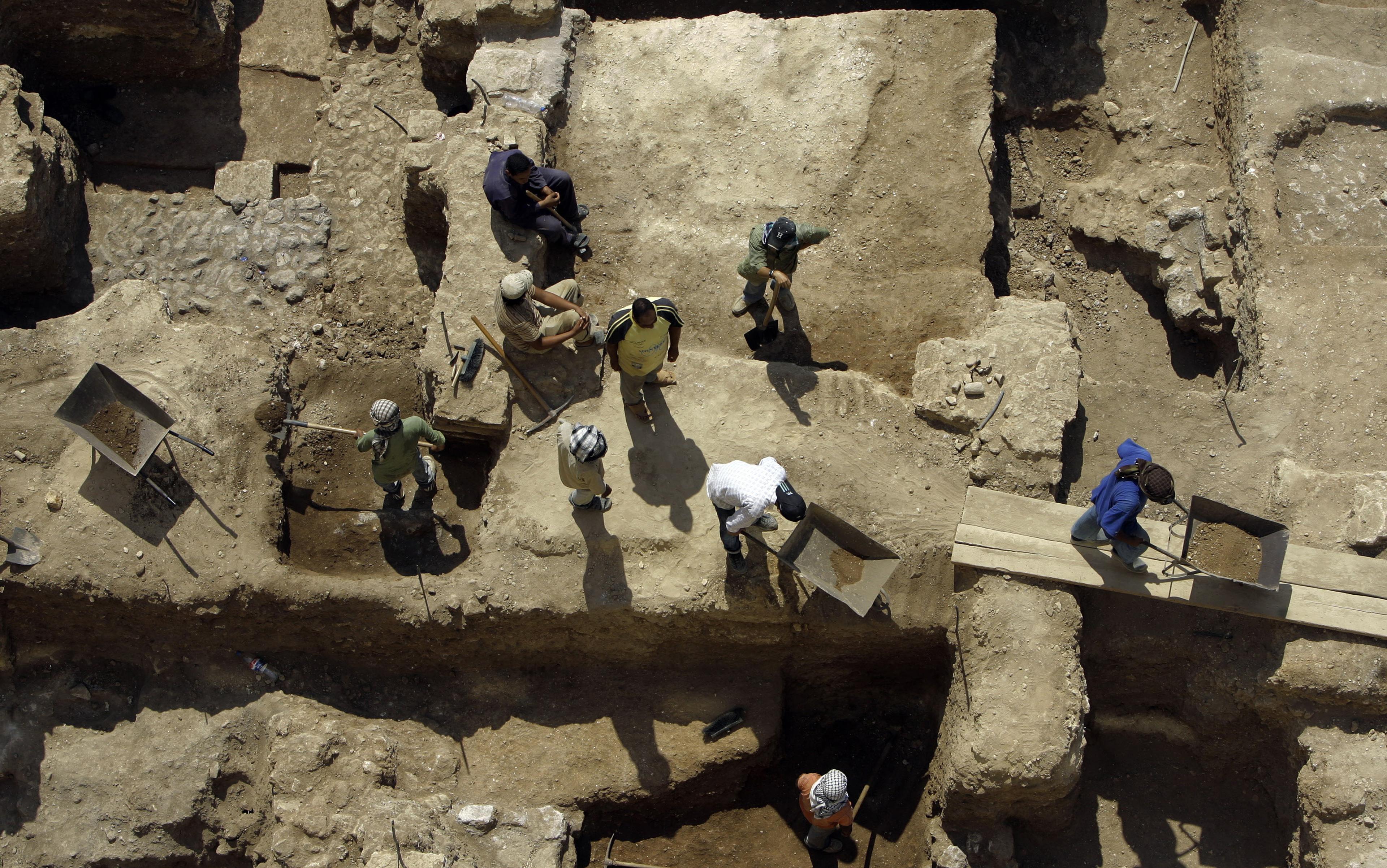
essayKnowledge
Rock of ages
Archaeologists used to be obsessed with religion. Now they can’t be bothered with it. Is the field worse off?
Rose Eveleth
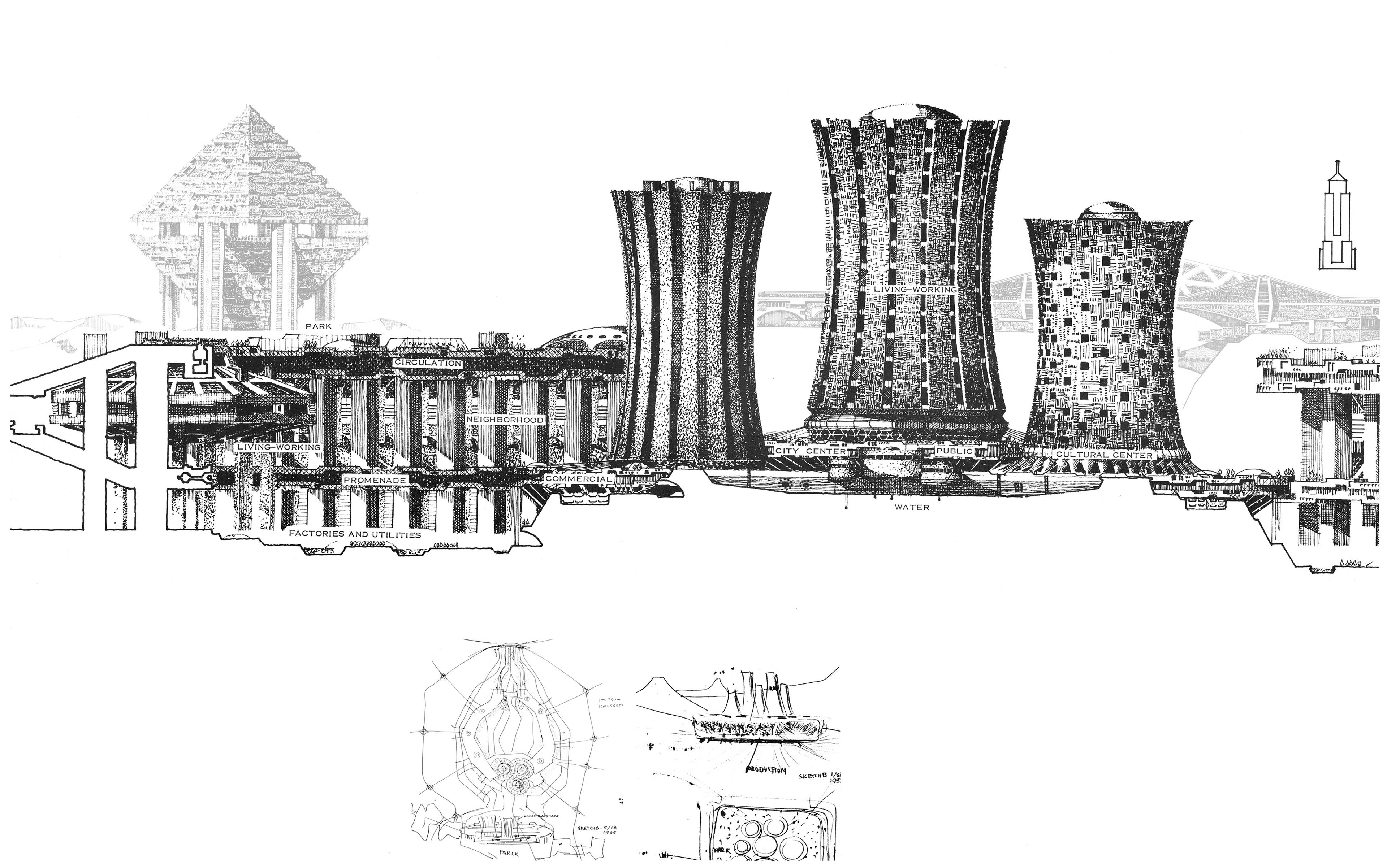
essayArchitecture
Desert utopia
It might be pleasing to dream of arcologies, mega-cities, and space colonies – but no one can design the perfect human community
Jared Keller
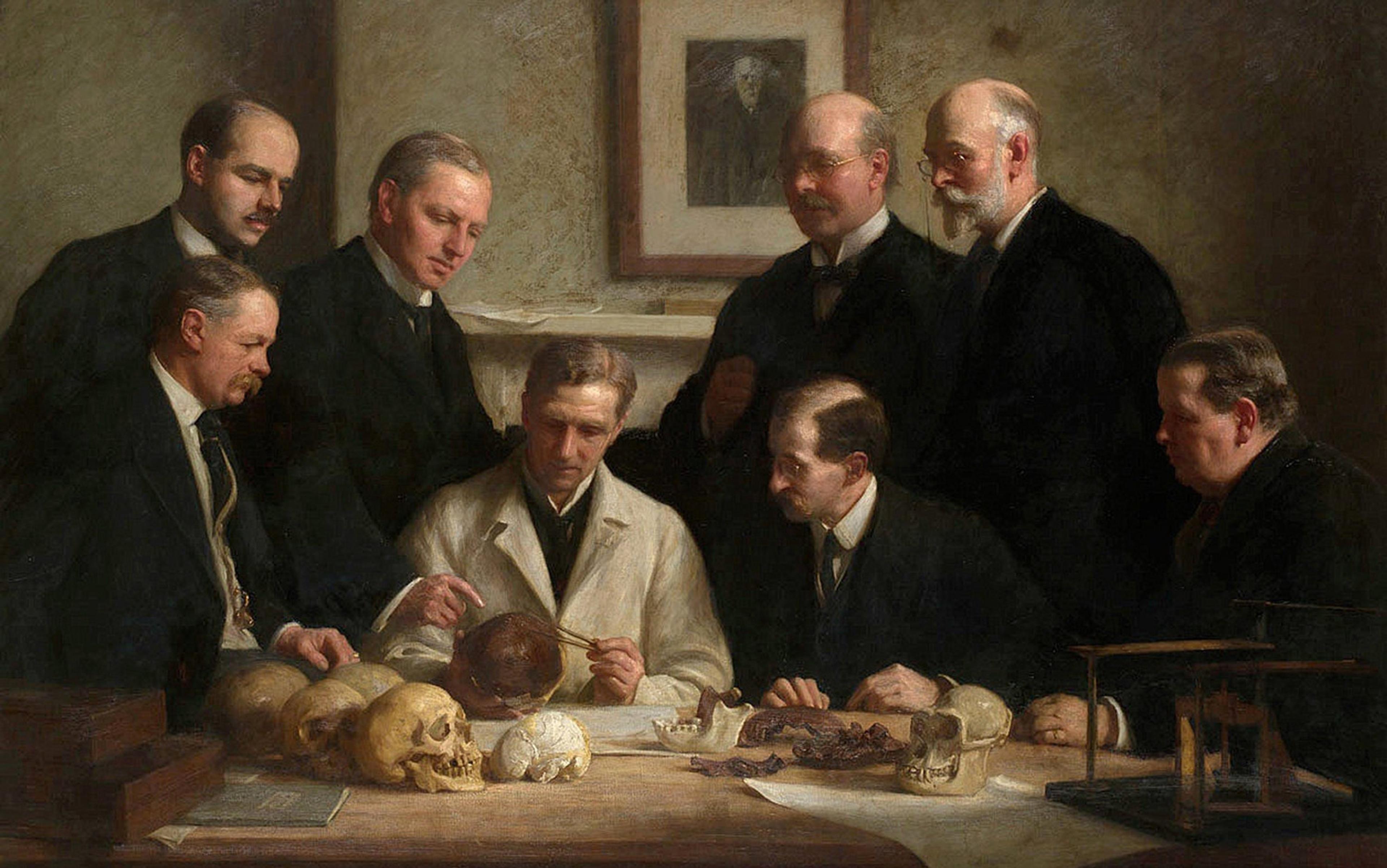
essayHistory
What lies beneath
From Piltdown to Mormon seer stones, prehistory has always beckoned the trickster, since bad science makes for good stories
Ted Scheinman
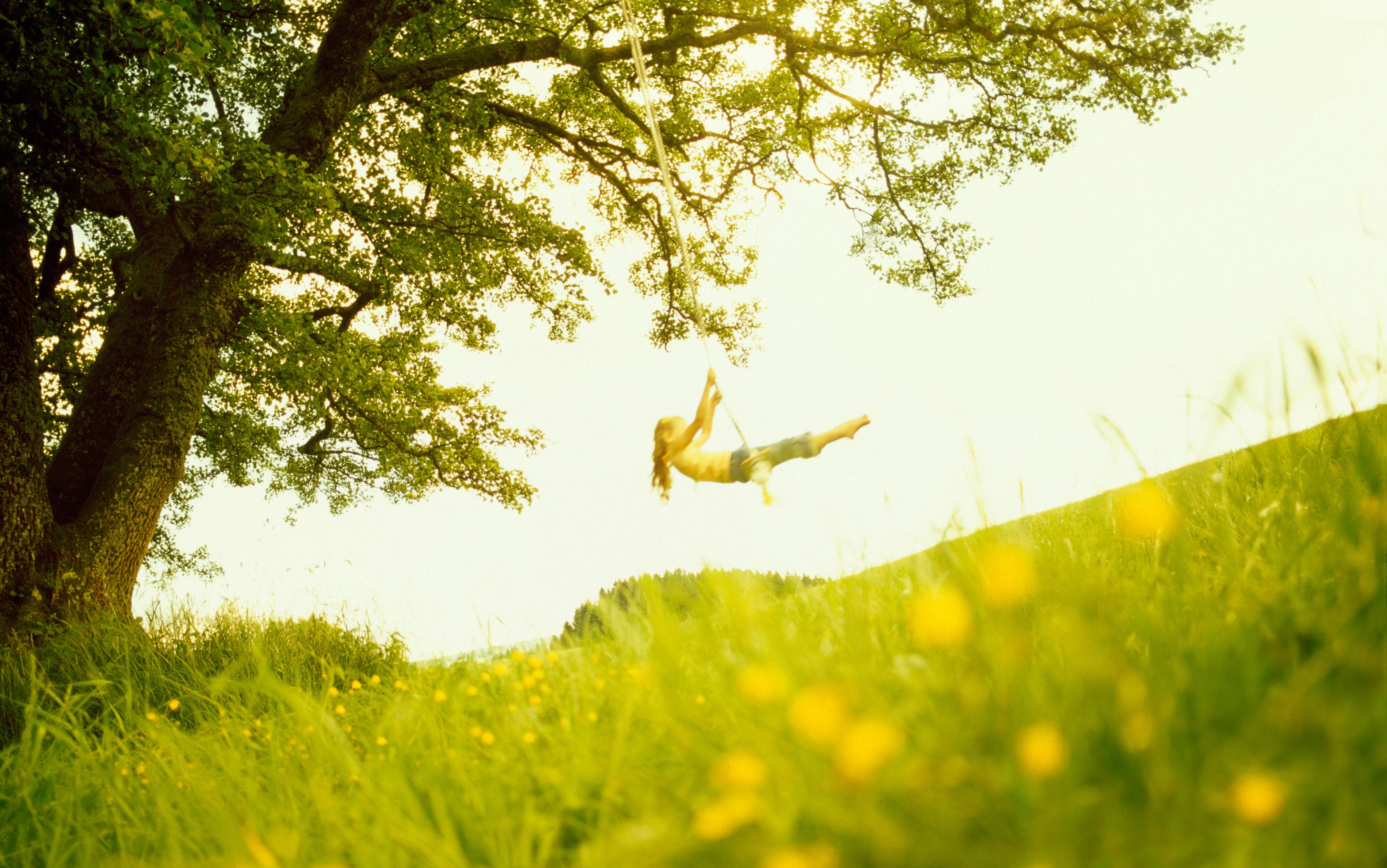
essayDeath
To heaven and back
Is the heaven tourism memoir spiritual kitsch for the superficial seeker, or an earnest attempt to wrestle with death?
Mya Frazier
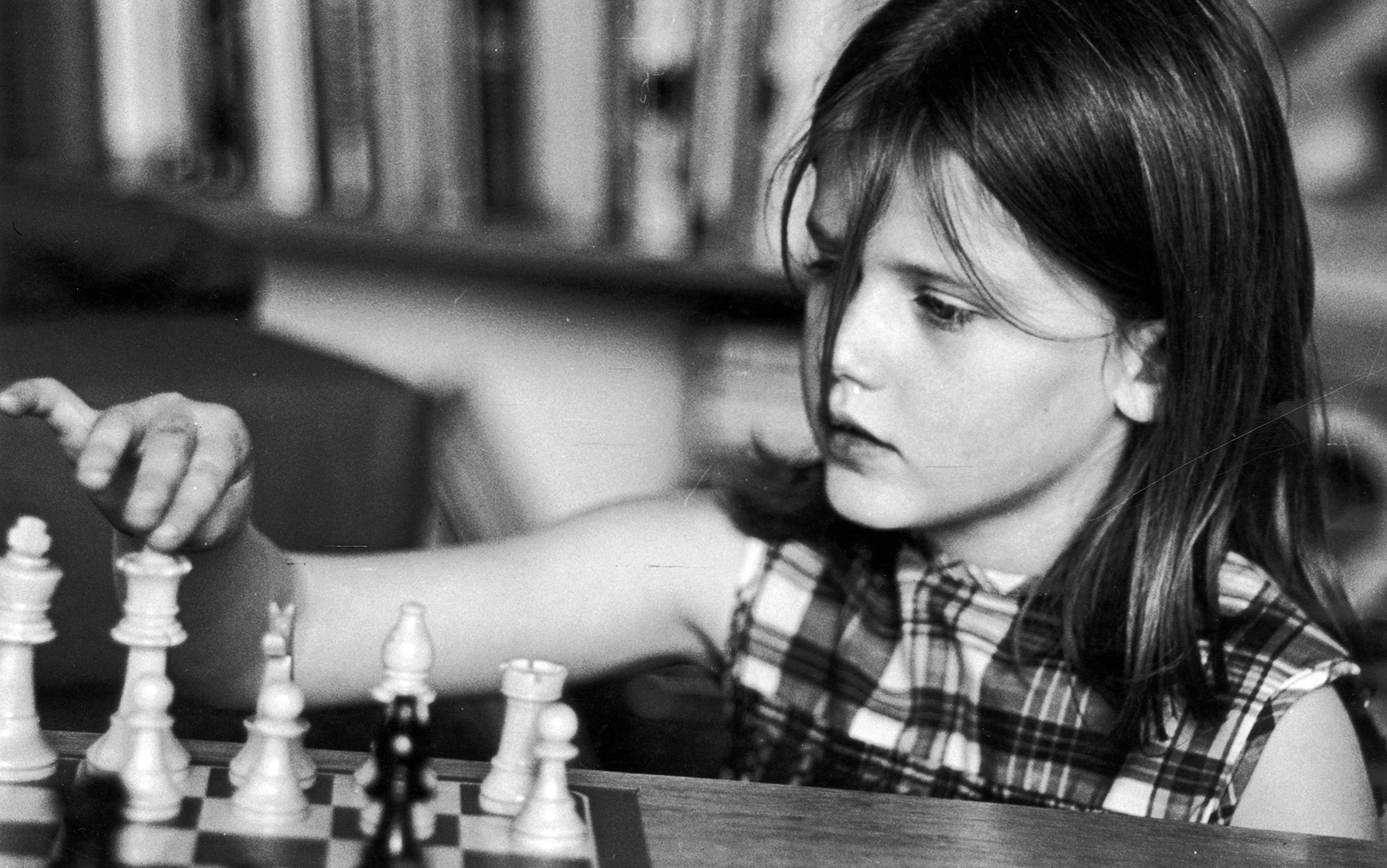
essayChildhood and adolescence
Where’s Bobbi Fischer?
Little girls sign up to play chess in droves. So why are so few of the world’s top players women?
Hana Schank
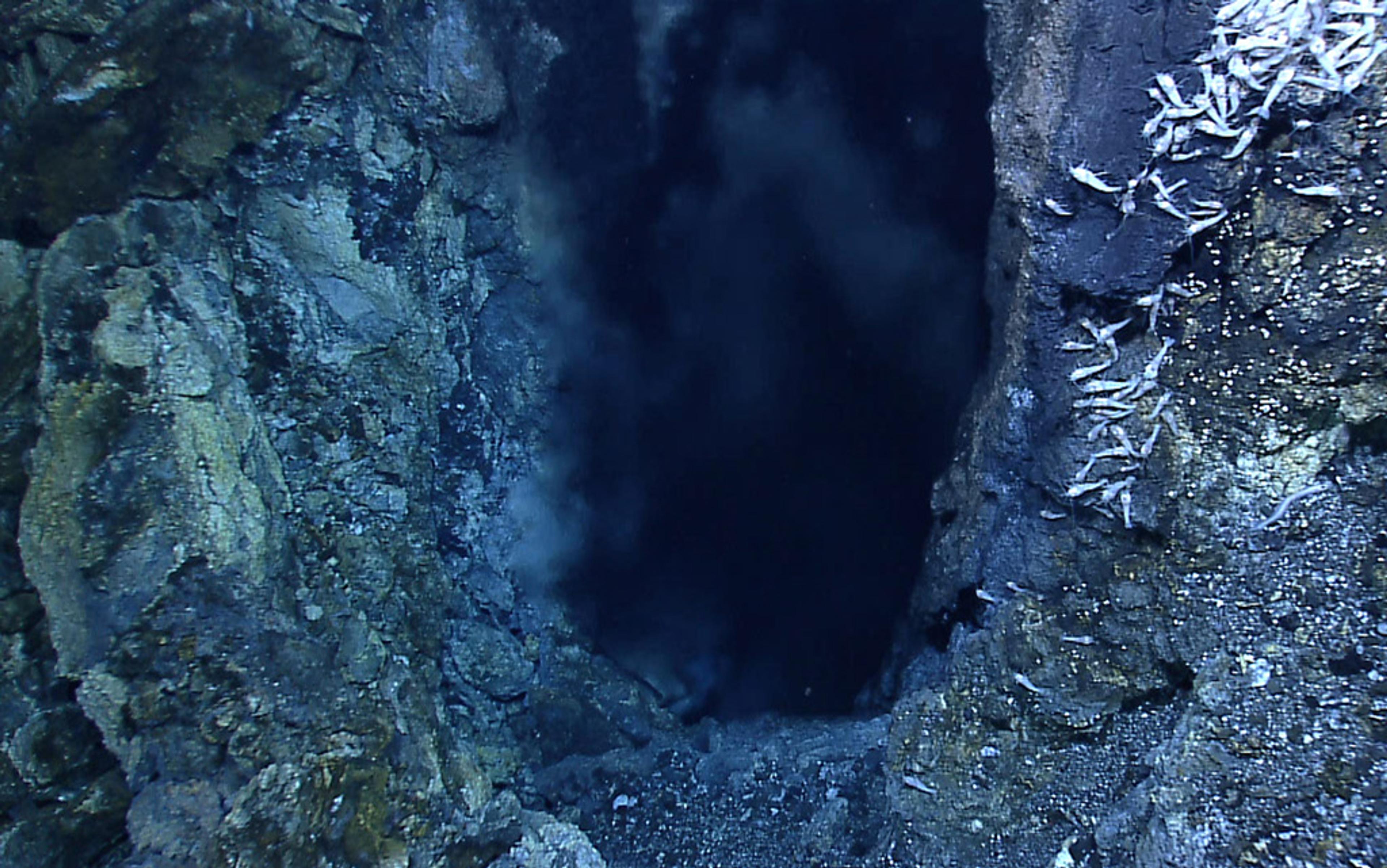
essayBiology
Earth’s aliens
Alien lifeforms might be living right under our noses, but how can we find them if we don’t know what we’re looking for?
Sarah Scoles